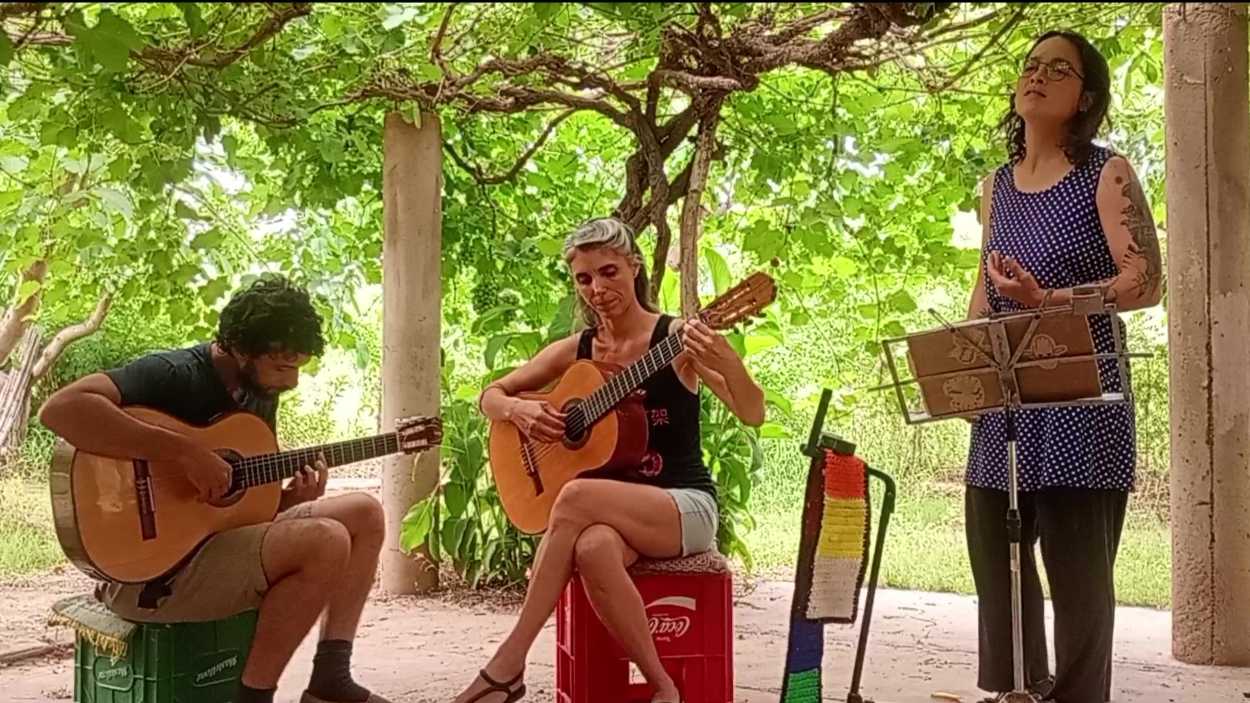The Digital Integrator
The Digital Integrator
"If we are able to influence public opinion through media outlets we will be able to overcome the black community's traditional lack of political voice," writes Paulo Rogério, founder of Brazil-based Instituto Mídia Étnica, in the Winter 2010 issue of Americas Quarterly.
In Brazil, we have reached a decisive moment in our history. Abroad, we are now considered one of the so-called emerging countries. At home, ethnic and racial inclusion is an increasingly important part of the national agenda. On the economic front, the giant pre-salt oil reserves recently discovered in the offshore Tupi fields give us the potential to be a major oil exporter in coming decades. And we will soon be hosting both the 2014 World Cup and the 2016 Summer Olympics.
However, if Brazil hopes to be a leader among emerging nations, we must overcome serious internal problems such as inadequate income distribution, low investment in education, institutional racism, and digital apartheid.
According to a 2005 United Nations Development Programme (UNDP) survey, 70 percent of the poor in Brazil are black. UNDP figures also show that Afro-Brazilian women (according to Instituto Ethos) make up only one percent of executives in the country’s 500 largest companies and that blacks represent just 15 percent of journalists, although they make up 45 percent of the population, reflecting the under representation of Afro-Brazilians in forming public opinion. All this in a country where Afro-Brazilians, at current levels of population growth, are likely to become an absolute majority in 10 years.
Our most important challenge is overcoming what I consider digital apartheid.
Global connectivity is one of the defining characteristics of Generation Y—those born after 1980 who did not need to learn to use computers and cell phones as adults. They grew up during the development of personal computers and the Internet. The fact that many of us were raised with an intimate knowledge of digital media greatly influences the way we see the world and how we face challenges. This generation has pioneered open-source digital systems, the use of cyber-activism to promote democracy and global actions in defense of the environment.
Read the full text of the article at www.americasquarterly.org.
Paulo Rogério is the founder of Instituto Mídia Étnica in Salvador, Brazil.








